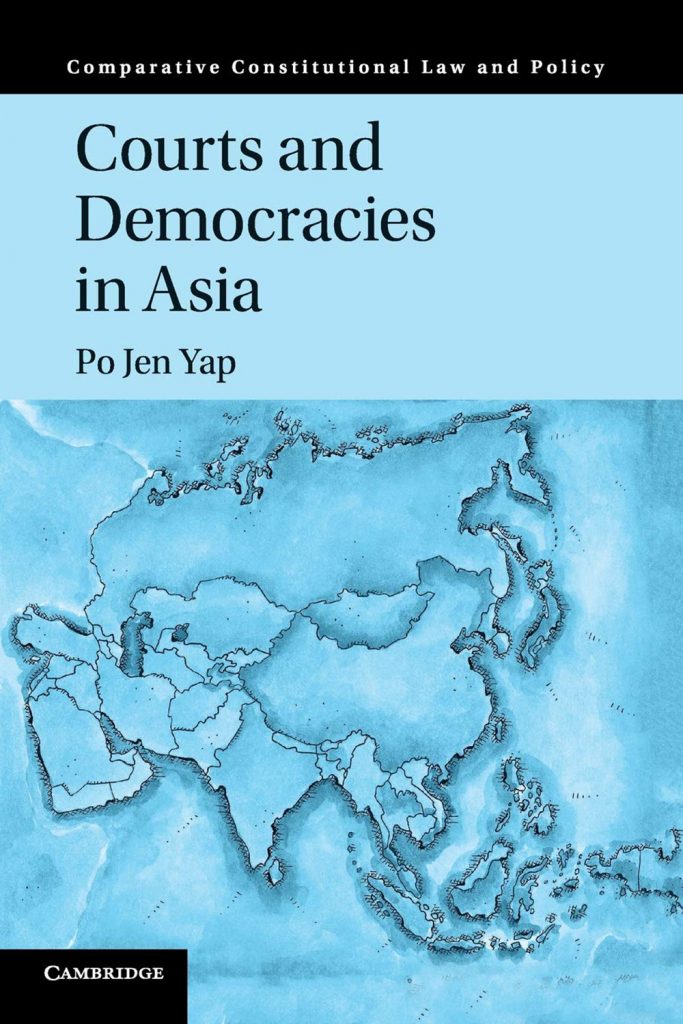 |
The Bulletin, May 2020
Judiciaries can shape – and are shaped by – the political systems they operate within, for better or worse. Professor Yap Po-jen of the Faculty of Law has been investigating this interplay between law and politics in Asia.
Democracies come in different forms. Some are effectively ruled by a dominant party that has muted most opposition. Some are dynamic, with two or more parties that have taken turns in power. Others are more fragile, with a strong military that may seize power if there is a vacuum. Each system shapes judicial behaviour in different ways, according to Professor Yap Po-jen.
Professor Yap has studied the political factors that strengthen or constrain judiciaries in Asia. He has also been looking at how some of these judicial systems are converging by intentionally adopting constitutional practices from the West.
“Judges today no longer simply interpret the law, they also make law that binds their governments and citizens. The level of democratisation in a political system can impact judicial behaviour, and judicial behaviour can also facilitate the democratisation of a system,” he said.
His first major study on the topic, the monograph Courts and Democracies in Asia published in 2017, examined nine Asian democracies – three dominant-party (Hong Kong, Singapore and Malaysia), three dynamic (Taiwan, South Korea and India) and three fragile (Pakistan, Thailand and Bangladesh).
Protecting independence
The dominant democracies are practically ruled by one coalition or its proxies (in Hong Kong, the pro-Beijing forces) and their judiciaries can be easily overruled by the political branches of government.
Nevertheless, the courts in these places can still assert some autonomy within bounds – for instance, Hong Kong courts have ruled against the government on multiple occasions on issues relating to social welfare and gay rights. Where the courts cross the tolerance threshold of the government, they will be punished or overridden, as seen in Singapore and Malaysia.
“All dominant parties will eventually fade away with time, even if this may take a long while. In the meantime, the role of their courts is to do what they can, while protecting their institutional independence. If they rule too aggressively, the dominant party will clip their wings,” Professor Yap said... Click here to read the full text.
No comments:
Post a Comment